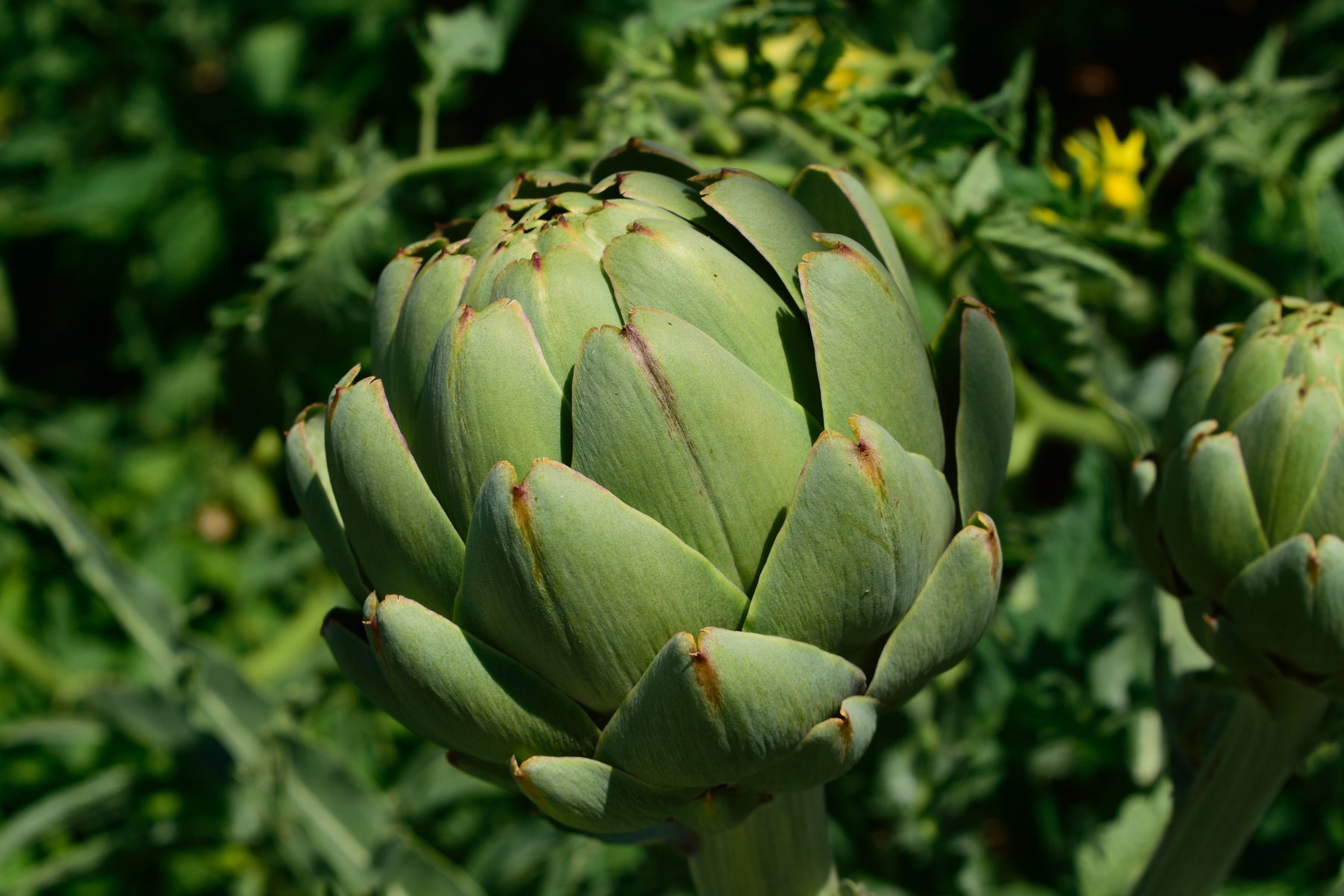Retrouvez ici les indispensables et meilleures ventes pour nos propriétaires de bassin.
Retrouvez ici les indispensables et meilleures ventes pour nos propriétaires de bassin.

Along with seeing your own fruits and vegetables in your own vegetable garden and the fun of growing plants and flowers in your garden, growing your own crops can save you a lot of money. But above all, it encourages eating health products that have not been contaminated by manufacturers and their chemicals.
In organic farming, for many reasons, the use of synthetic chemical fertilizers is totally prohibited. First, most of them come from non-renewable resources and their production leads to increased greenhouse gas emissions.
In gardens and vegetable patches, it must be admitted that they effectively promote plant growth, but on the other hand, quite harmful to the soil and crops. After application of chemical fertilizers, plants appear more vigorous, but this is a short-term benefit as these benefits quickly wear off. In addition, once it rains, the fertilizers will penetrate the soil and disturb the balance of the soil in passing. Therefore, people think that their land is poor or that its structure has changed in the long term.
Pollinating insects no longer reproduce on plants and worms can no longer play their role of soil aeration. Tired of fertilizers, plants no longer know how to defend themselves, and end up becoming less and less resistant. Finally, eutrophication is one of the main risks associated with the use of fertilizers in gardens and vegetable patches.
Unlike industrial fertilizers, which have a short-term, or long-term effect that more or less weakens the soil and crops, organic fertilizers will enrich the soil and nourish the plants in your garden. Industrial fertilizers are directly absorbed, while organic fertilizers gradually release their nutrients and micronutrients, which can be better absorbed. However, just because organic fertilizers are natural fertilizers doesn't mean they should be used in excess. It is recommended to use them with caution while respecting the dosage. Otherwise, you risk damaging the crops.
There are basically 3 types of organic fertilizer that you can use in the garden:
Compost and plant manure: Most plant-based fertilizers have the advantage of being able to be used already in your garden. Among the best known fertilizers, we can obviously mention compost first, since it is currently one of the best organic fertilizers.
The mixture of green waste in the garden and plant residues in the kitchen (such as coffee grounds and eggshells) brings nutrients to the plantation, in your vegetable bed , and gives the soil structure while improving the soil characteristics.
Animal Fertilizers: When it comes to organic animal fertilizers, we want to talk about the eggshells that most of us use in cooking, which contain high levels of calcium. Similarly, it suffices to grind them or to immerse them in water then to spread them under the feet of the crops. If your soil is low in nitrogen and phosphorus, hire your favorite butcher to supply you with dried blood, horns, and even bone meal.
Mineral fertilizers: Finally, to provide organic fertilizers from mineral sources, we naturally think of lime. As a calcium oxide, lime can reduce soil acidity by compensating for the loss of magnesium and calcium.
Aquipond Greenstab - Natural treatment against pond algae It is a natural product that helps limit algae at any time. It also has a prevent...
View full detailsReduces the layer of silt in the pond by at least 40% Easy to use with less impact on biodiversity Prevents fermentation, bad odors. pH ...
View full detailsOrganic dye to block plant growth by limiting photosynthesis ORGANIC PRODUCT NON TOXIC TO HUMANS (DIVING) AND FISH. 100% NATURAL AND BIODE...
View full detailsThe positive effects of barley straw have been known to water enthusiasts for a long time. But currently barley straw is difficult to find and i...
View full detailsReduces at least 40% of the layer of silt in the pond Easy to use with less impact on biodiversity Prevents fermentation, bad odors. ...
View full details
Leave a comment